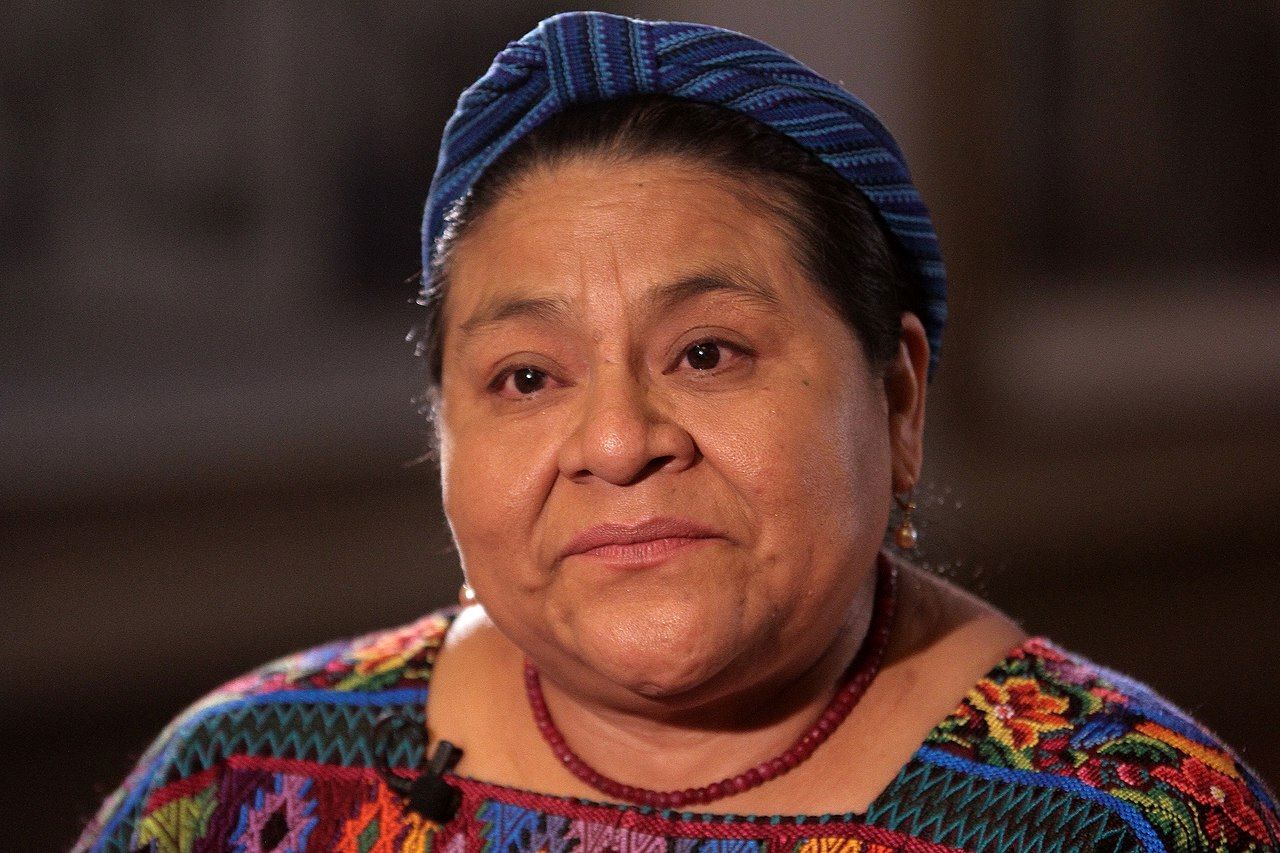
Rigoberta Menchú is a name that resonates with courage, resilience, and advocacy. Born in Guatemala, she has become a global symbol for indigenous rights and social justice. But who exactly is Rigoberta Menchú, and why is she so significant? Menchú is a K'iche' Maya woman who has dedicated her life to fighting for the rights of indigenous people in Latin America. Her efforts earned her the Nobel Peace Prize in 1992, making her the first indigenous woman to receive this honor. From her early life in a war-torn country to her rise as an international human rights icon, Menchú's story is both inspiring and educational. Let's dive into 14 fascinating facts about this remarkable woman.
Early Life and Background
Rigoberta Menchú, a prominent figure in human rights, has a compelling life story. Her journey from a small village in Guatemala to becoming a global advocate is filled with remarkable events.
- Born on January 9, 1959, in Chimel, a small village in Guatemala, Menchú grew up in a poor indigenous family.
- Her family belonged to the K'iche' Maya ethnic group, one of the many indigenous groups in Guatemala.
- Menchú's father, Vicente Menchú, was an activist who fought for the rights of indigenous people.
Activism and Advocacy
Menchú's activism began at a young age. Her experiences and the injustices she witnessed fueled her passion for human rights.
- At just 10 years old, she started working as a domestic servant, experiencing firsthand the exploitation of indigenous people.
- In the 1970s, she joined the Committee of the Peasant Union (CUC), advocating for better working conditions for indigenous farmers.
- Menchú's activism intensified after the tragic deaths of her father, mother, and brother during the Guatemalan Civil War.
International Recognition
Menchú's efforts did not go unnoticed. She gained international recognition for her work in human rights.
- In 1983, she published her autobiography, "I, Rigoberta Menchú," which brought global attention to the plight of indigenous people in Guatemala.
- Menchú received the Nobel Peace Prize in 1992, becoming the first indigenous woman to receive this honor.
- Her Nobel Prize was awarded for her work in promoting indigenous rights and social justice.
Political Involvement
Menchú's influence extended beyond activism. She also ventured into politics to further her cause.
- In 2007 and 2011, she ran for the presidency of Guatemala, aiming to bring change from within the political system.
- Although she did not win, her candidacy highlighted the issues faced by indigenous people and inspired many.
Legacy and Impact
Menchú's legacy continues to inspire and impact people worldwide. Her work has left an indelible mark on human rights advocacy.
- She founded the Rigoberta Menchú Tum Foundation in 1993, focusing on promoting peace and indigenous rights.
- Menchú has received numerous awards and honors, including the Prince of Asturias Award for International Cooperation.
- Her life and work have been the subject of various documentaries and books, further spreading her message of justice and equality.
Rigoberta Menchu's Impact
Rigoberta Menchu's life and work have left a lasting mark on the world. Her advocacy for indigenous rights and social justice has inspired countless individuals to fight for equality. Menchu's Nobel Peace Prize win in 1992 brought global attention to the struggles of Guatemala's indigenous people, highlighting issues that had long been ignored.
Her autobiography, "I, Rigoberta Menchu," offers a powerful glimpse into her experiences and the broader challenges faced by her community. Menchu's efforts have not only raised awareness but also led to tangible changes in policies and attitudes towards indigenous populations.
By sharing her story, Menchu has empowered others to speak out against injustice and oppression. Her legacy continues to influence activists and human rights defenders worldwide, proving that one person's voice can indeed make a significant difference.
Was this page helpful?
Our commitment to delivering trustworthy and engaging content is at the heart of what we do. Each fact on our site is contributed by real users like you, bringing a wealth of diverse insights and information. To ensure the highest standards of accuracy and reliability, our dedicated editors meticulously review each submission. This process guarantees that the facts we share are not only fascinating but also credible. Trust in our commitment to quality and authenticity as you explore and learn with us.


